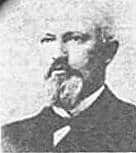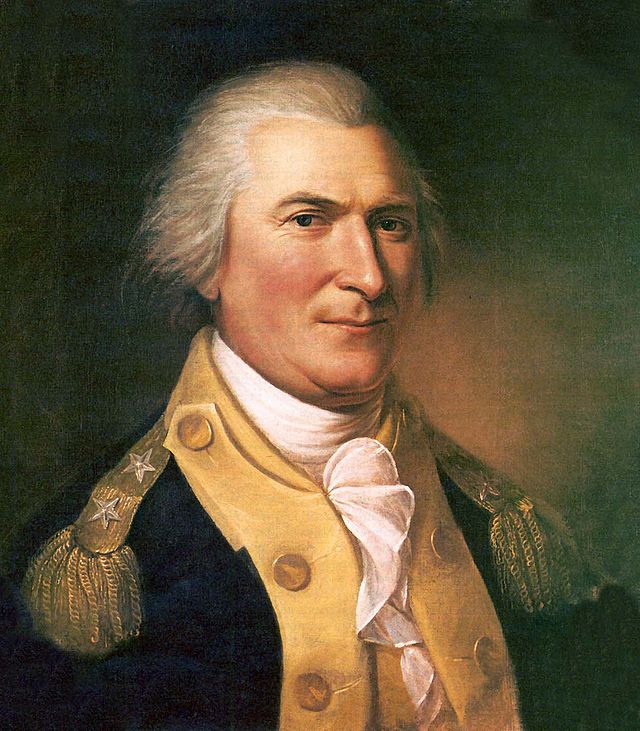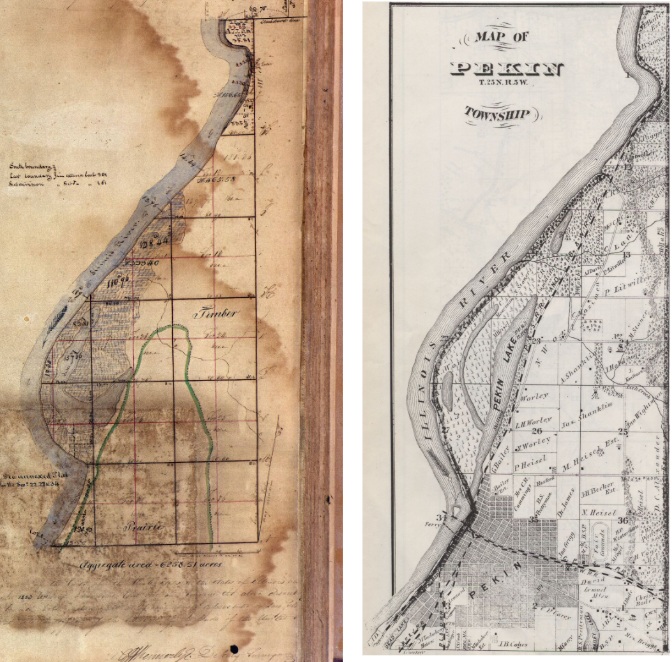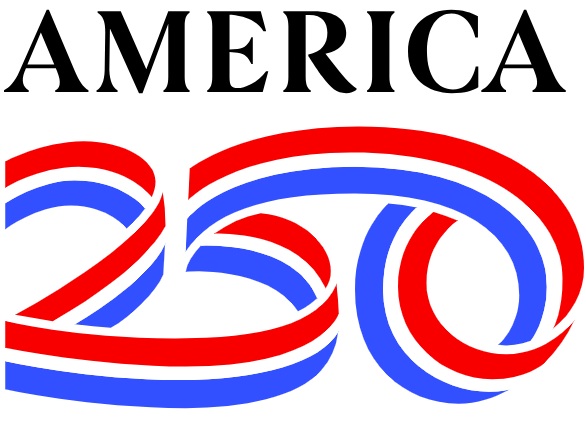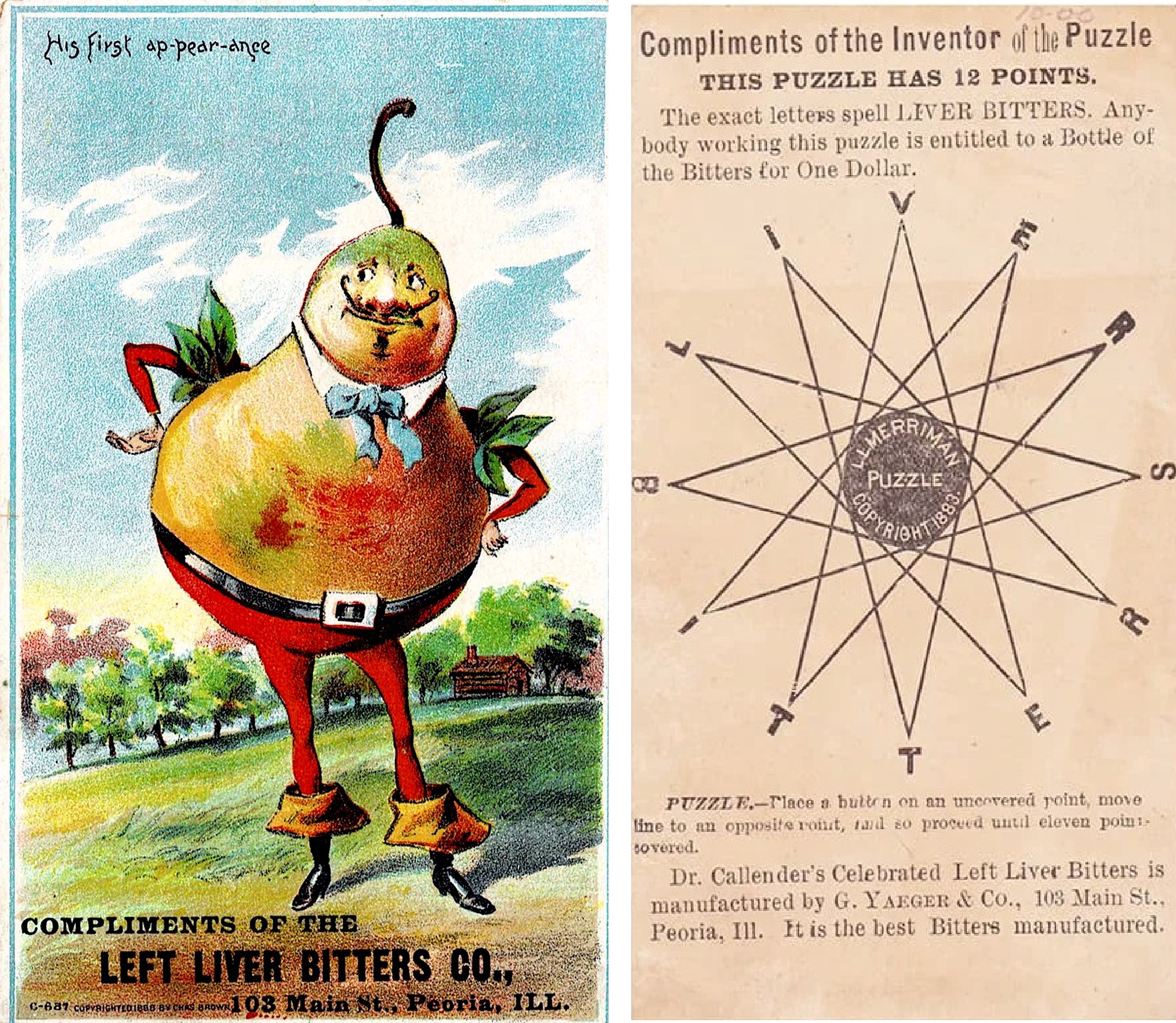One of Pekin’s community leaders in the latter part of the 1800s and early 1900s was Ernest Fredrick Unland (1835-1920), a German-American who belonged to an immigrant family from Ostfriesland in Hannover, Germany (then a part of the Kingdom of Prussia, and today called Niedersachsen or Lower Saxony).
Unland was best known in the community as president and manager of the successful Smith-Hippen Co. of Pekin, which was a lucrative grain business in Tazewell and Mason counties. He also served in the Illinois General Assembly in the 1880s, representing Tazewell, Woodford, and Marshall counties, and in 1888 he was elected mayor of Pekin, serving a single term in 1889-1890.

He was born Ernst Friedrich Ulland on 14 Nov. 1835 in Wimmer, Hannover, one of the nine children of Caspar Heinrich and Maria Elsabein (Carls) Ulland. In America, however, the surname became Unland. His baptismal record says he was baptized in the Lutheran church of Lintorf in Wittlage, Hannover. Ernest’s father Casper came to America with his family in 1844, when Ernest was eight years old. It wasn’t until 1860 that Ernest arrived in Pekin, where was worked as a school teacher for a year.
With the outbreak of the Civil War, he enlisted in the Union Army as a soldier in the Eighth Illinois Infantry, Co. F, but he only served for three months before he fell sick and was granted a medical discharge. He continued his job as a school teacher for most of the war, but in 1864 he took a job with the Smith-Hippen grain company, rising to become a partner in the business by 1866.
On 26. Sept. 1867 in Pekin, E. F. Unland married Mary C. Feltman (1849-1926), daughter of Henry and Catherine (Velde) Feltman. He and Mary had four sons and two daughters. The Unland surname is still known in Pekin today, most prominently for the Unland Companies on Broadway.
While he enjoyed great success in life, he also was one of the six partners in the Teis Smith Bank – and thus he and three other partners were caught up in scandal when the bank failed in 1906. Those four partners were prosecuted for alleged embezzlement because the bank had accepted bank deposits while the bank was insolvent. A jury found Unland and his fellow defendants guilty, but their ordeal ended when the verdict was overturned on appeal – because the law under which they had been prosecuted had been amended so that it did not apply to the circumstances of the Teis Smith Bank failure.
E. F. Unland died at age 84 on 17 May 1920 in Pekin, and was buried in Lakeside Cemetery. His widow Mary followed him six years later and was buried beside him.
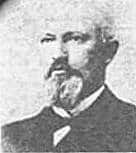
Following is a biographical sketch of E. F. Unland that was published in “Portrait and Biographical Record of Tazewell and Mason Counties” (1894), page 476. (The sketch says he was born in 1936, but that is a printer’s error — his baptismal record and his gravestone say 1935.)
“HON. E. F. UNLAND, President and Manager of the Smith-Hippin Company, Pekin, has been engaged in the grain business with the above company for a number of years. They do a large business, and have elevators in Hainesville, Manito, Forest City, Green Valley, Emden, Dalton City, Mt. Pulaski, Spring Lake, Tremont and Pekin.
“Our subject was born in Prussia, Germany, in 1836, and is the son of C. H. Unland, who also was born in the Fatherland. The latter came to America with his family in 1844, and locating near Beardstown, this state, engaged in farming, and there resided until his decease, in 1890. His wife prior to her marriage was Mary Carls; she was likewise born in Germany, and departed this life after coming to America, in 1891, at the age of eighty-seven years.
“The subject of this sketch was the third in order of birth of his parents’ family of nine children. He was a lad of eight years at the time of their emigration to America, and he very well remembers the voyage, which was a tedious one, consuming nine weeks. The family landed in New Orleans, and immediately came by the way of the Mississippi River to this state, where our subject has since made his home. He was reared to man’s estate on his father’s farm, and received his early education in the old log schoolhouse of that day. When reaching his twentieth year he taught school for a time, and later became a student in the college at Quincy.
“In 1860 Mr. Unland came to this city, it being his intention to follow the profession of a school teacher. He was thus occupied for one year, when the call resounded throughout the country for volunteers to enter the Union army. He was one of the first to enlist, and becoming a member of Company F, Eighth Illinois Infantry, was mustered into service at Springfield. After a service of three months, however, he was taken sick and was obliged to return home. The following year he taught school, and in 1864 came to Pekin and engaged with the Smith-Hippin Company in the grain business. Two years later he became a partner, and is at present President and Manager of the company, which is one of the oldest grain firms in Illinois.
“In the fall of 1884 Mr. Unland was elected to represent Tazewell, Marshall and Woodford Counties in the State Legislature, and four years later was called upon to fill the honorable position of Mayor of Pekin. He is a Republican in politics, and for many years was a member of the School Board. Socially he is a Grand Army man, being connected with Joe Hanna Post. In religious affairs he holds membership with the German Methodist Church.
“Mr. Unland and Miss Mary Feltman were united in marriage in this city. The lady was born in Kenosha, Wis., and by her union with our subject has become the mother of five children: Otto, who is engaged in business with his father; Clara, wife of Walter E. Rosenthal, of Boston, Mass.; and Edgar, Mary and Ernest, who are at home.”


